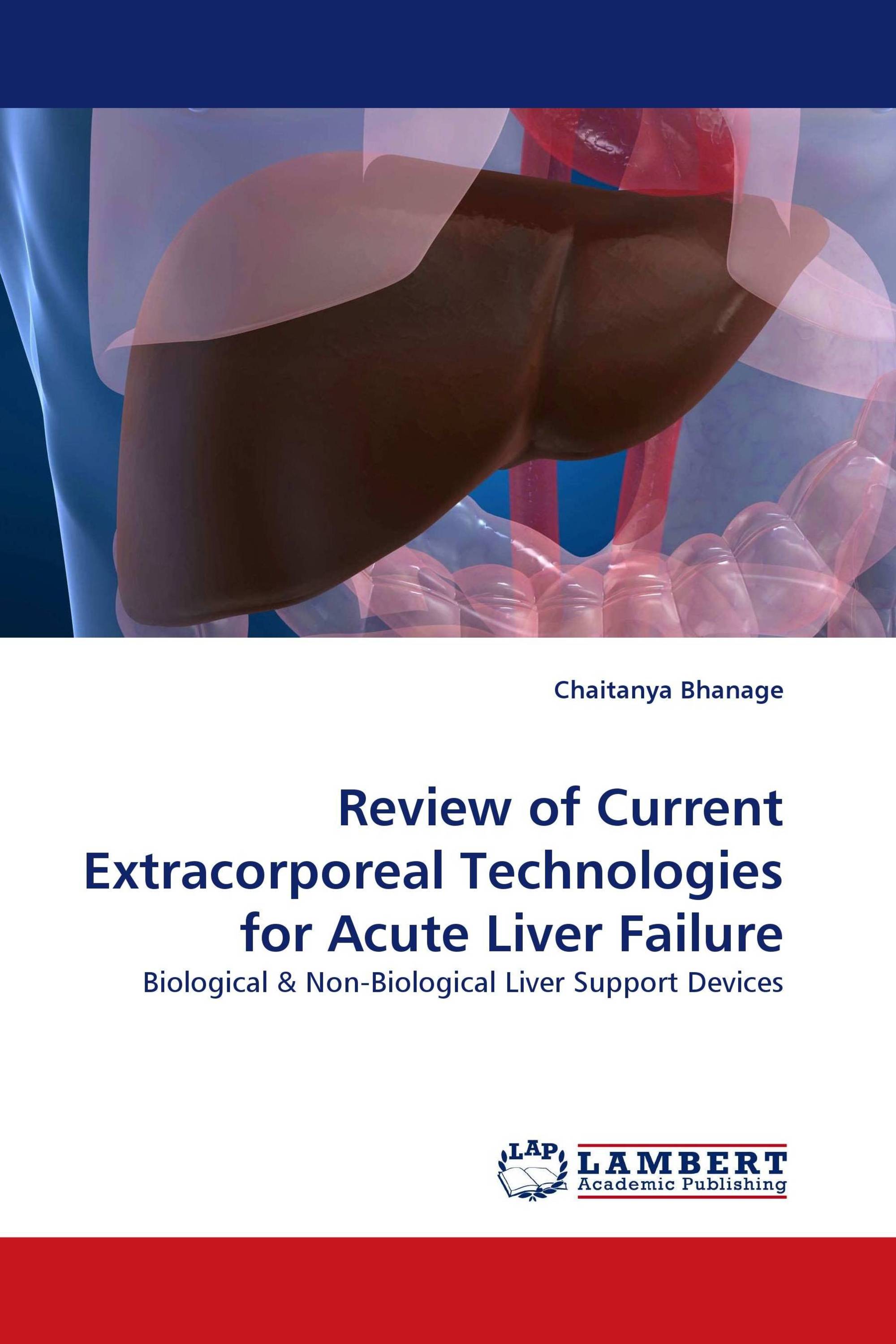Review of Current Extracorporeal Technologies for Acute Liver Failure
Biological & Non-Biological Liver Support Devices
LAP Lambert Academic Publishing ( 2010-09-14 )
€ 59,00
The liver is the metabolic powerhouse of the body and plays an important role in metabolism.The function of the liver includes drug detoxification,plasma protein synthesis and glycogen storage.Chronic liver failure (CLF) takes months or years to develop, whereas acute liver failure (ALF) may develop within 1-2 weeks.The accepted treatment of end-stage CLF is transplantation.However,the ability of the liver to regenerate has pointed to the development of temporary liver assist devices for the treatment of ALF.Liver assist devices may be either cell-based, involving liver cells cultured in a bioreactor, or non-biological, involving passive transport across synthetic membranes.Mixed results have been obtained by both systems, with limited success in certain sub- groups of ALF.In the cell-based devices, the design of the bioreactor must provide an architecture that supports cell attachment, cell-cell interaction and cell-matrix interaction for improvement in function.Investigations on stem cells and growth of liver-specific tissue constructs have recently been reported and may point towards future developments in liver assist devices.
Book Details: |
|
|
ISBN-13: |
978-3-8383-2738-9 |
|
ISBN-10: |
3838327381 |
|
EAN: |
9783838327389 |
|
Book language: |
English |
|
By (author) : |
Chaitanya Bhanage |
|
Number of pages: |
140 |
|
Published on: |
2010-09-14 |
|
Category: |
Mechanical engineering, manufacturing technology |




